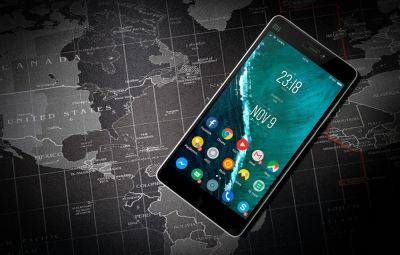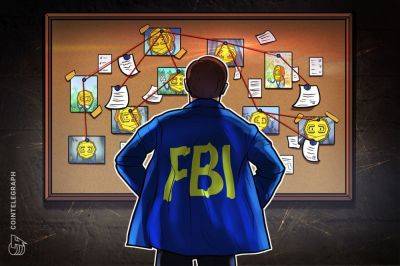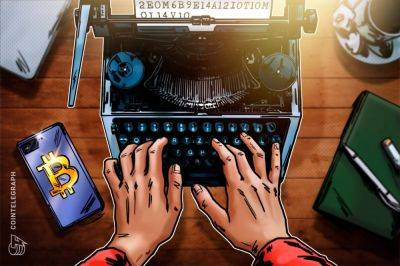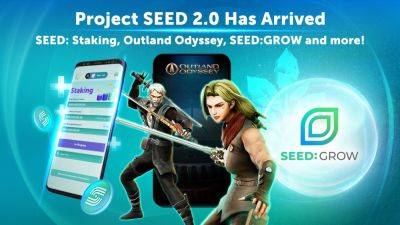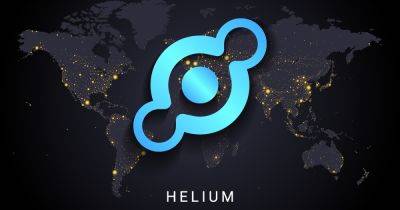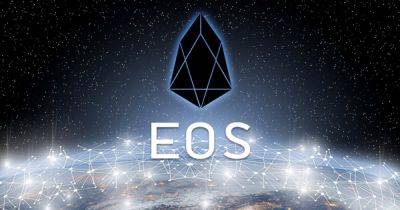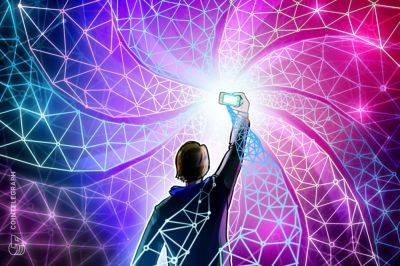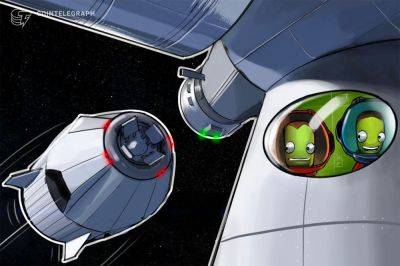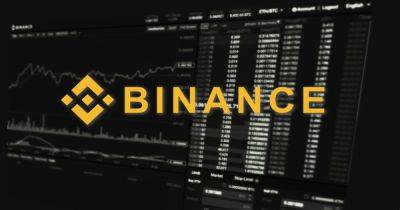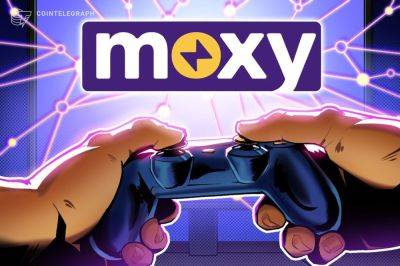How Blockchain Can Solve the Music Industry’s AI Problem (Guest Column)
Inder Phull When Napster emerged in 1999, the music industry experienced an existential crisis. The advent of peer-to-peer digital file-sharing devalued music and caused an industry-wide downturn, leaving traditional gatekeepers wondering what would come next.
The emergence of the music streaming ecosystem offered a practical solution – but not before labels and artists lost billions of dollars of revenue to digital theft. With the emergence of AI, the technology’s potential impact on IP ownership and compensation has many concerned about history repeating itself.
The music industry has learned from the Napster era: It has taken measures to protect copyrights and intellectual property ultimately leading to the evolution of digital music platforms and streaming services like Spotify and Apple Music. And just as Napster revolutionized the distribution and consumption of music in the early 2000s, disrupting an entire industry, AI’s revolutionary impact on creation is positioned to shift the paradigm for the music industry.
Many are concerned that AI could issue in a new era of online music piracy, just as Napster did. The advancement of AI in music creation means that copyright ownership is becoming increasingly complex.
With AI tools capable of creating entire songs without direct human input, yet using models that are based on human creations, questions arise about who owns the rights to these creations and how they should be licensed and monetized. In an environment of uncertainty and ambiguity around rights, the transparent, decentralized, and immutable nature of blockchain can counterbalance the introduction of AI-generated content by creating equitable monetary systems which protect musicians’ intellectual property.
. Read more on variety.com

 variety.com
variety.com
